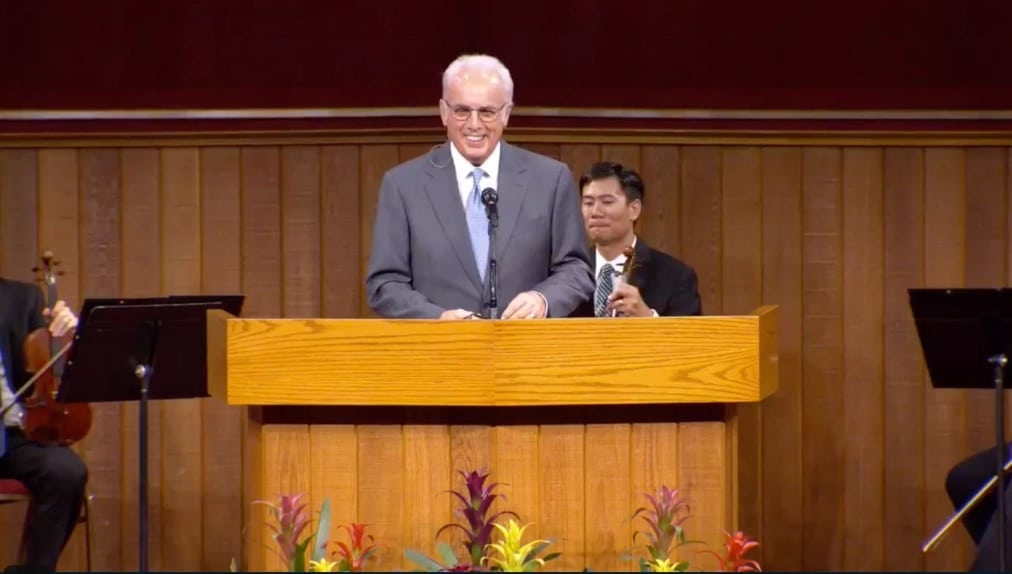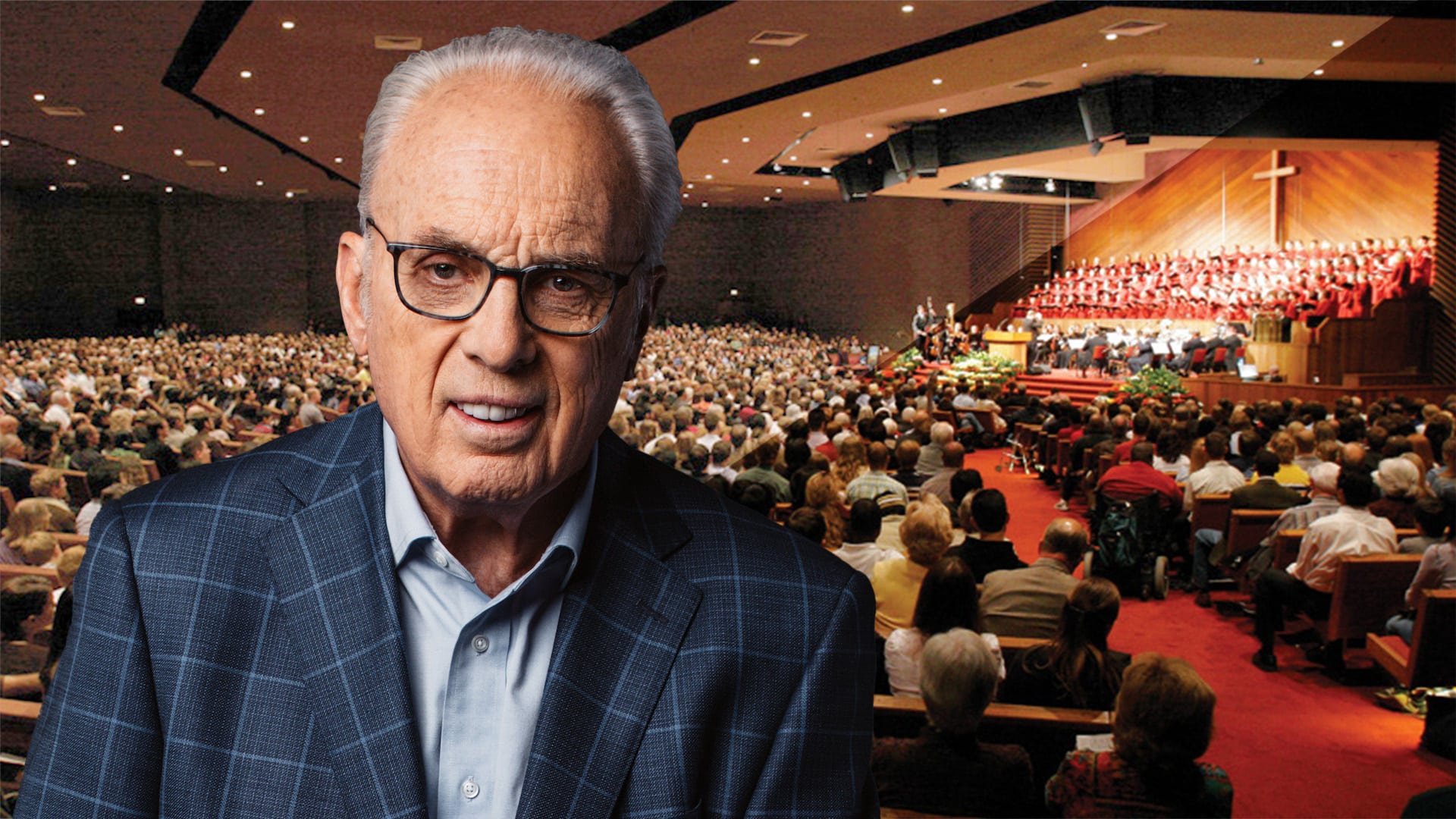Chapter 1: A Story of Forgiveness

Here are my ponderings

1. This chapter revisits the Parable of Unforgiving Servant. I like how it pointed out the servant take's God's grace in vain because it depicts the reality of many of our relationships. Though God's kindness should lead us to repentance, often we take God's grace in vain most likely due to our sinful nature.
2. Pastor Tim Keller uses the parable to define forgiveness: #1 King brought the man before him (Tell the truth of his sin against you) #2. King took pity on him (So for us, we can have compassion for our fellow sinners) #3. King cancelled the debt and absorb the loss himself (We should withhold to payback of what the perpetrator deserves) #4. King released him (Tim Keller interprets this as us being open to reconciliation).
3. Pastor Tim Keller states that forgiveness is "to aim at reconciliation rather than breaking off the relationship forever."
4. I
disagree with point #1 in that to forgive someone, it doesn't always require us to speak to the wrongdoer since forgiveness is not dependent on the wrongdoer's response. There are times it's not safe or wise to talk to the person, but we can still forgive them. What do you think? Does forgiveness always involve truth-telling? Also, doesn't the verse "love covers multitude of sin" also mean you don't need to point out every sin a person commits against you? I believe covering means to overlook minor offenses? It doesn't help to point out every little thing they do wrong, and the whole-point of truth telling is to help the other person repent.
5. Regarding point #3 I believe Tim Keller is saying withholding the urge to revenge, not withholding exercising justice. Even in the parable, the king exercises justice by punishing the servant after he found out he was unmerciful to others. Pastor Tim Keller also shared that if we try to exercise justice without forgiving from the heart, then we can veer into the realm of revenge.
6. As for point #4 I
disagree with his statement that reconciliation is the
aim of forgiveness. When I google searched the definition of reconciliation it stated that "the restoration of friendly relations". Let's say that I have a daughter who was molested. Though I 100% agree that she should forgive, I would never encourage her to be reconciled or be in "friendly" relations with the molester. The main reason being is that we are not God and therefore we can never know if the other person has truly repented or not. Unfortunately, people can be good actors and therefore, be deceptive. Therefore, unlike what Pastor Tim Keller wrote in this book, I think the definition of forgiveness is more simple. I believe the definition of forgiveness is to simply to not hold a grudge, and be bitter. Since Paul defines love as not keeping record of wrongs, I believe
forgiveness is a subset of love. And what is love? Agape love is seeking the best for the other person, which requires wisdom. Going back to the scenario, if my daughter was molested, I would encourage her to forgive from the heart by not holding onto bitterness, and pray to God that the perpetrator will repent and be saved.
It is important to keep in mind too that not everyone will be reconciled to God, though He graciously offered it to anyone who chooses to believe. In other words, just because we forgive the perpetrator, it doesn't mean he/she will repent. More often than not because by nature we are sinners, and hearts are hard like cement, repentance may not be the response. So it is crucial that we are to be careful and use our wisdom to guide us. For example, it's not wise to pursue a murderer physically, to confront them of his/her sins. However, we can pray hard that this perpetrator will truly repent and be reconciled to God.
Also, just a thought, if the wrongdoer repents just right before his last breadth, than there can be reconciliation between two people in heaven.




